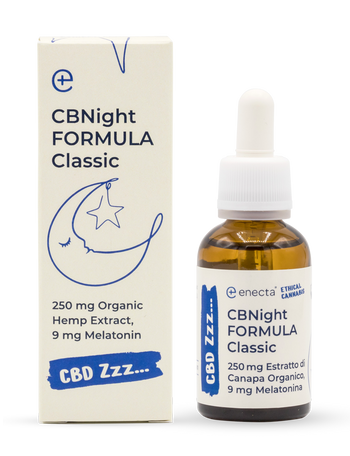Cannabis, for the mitigation of symptoms of Crohn’s disease. The evidence presented in the occasion of the European congress of gastroenterology in Vienna, is preliminary, but of great interest for the scientific community and the public opinion.
Crohn’s Disease
Crohn’s disease is a chronic intestinal inflammation, which can affect the entire gastrointestinal tract. The symptoms characterizing this disease are abdominal pain, chronic diarrhoea, weight loss and fever.
The examinations permitting a correct diagnosis are: colonoscopy, histological examination, abdominal and intestinal echography with radiography of the small intestine, CT enteroclysis or abdominal magnetic resonance.
The study conducted in Israel
The first study of this kind was conducted at the Meir Hospital of Tel Aviv and involved 46 patients affected by Crohn’s disease in severe and moderate forms, treated with immunosuppressive or biological medicines.
The patients were divided in two groups, the first was treated with a placebo solution, while the second one with oil containing 15% CBD and 4% THC.
The study lasted for eight weeks, during which the symptoms of the patients were monitored, as well as possible variations of their quality of life.
Those consuming the oil showed a reduction of the symptoms of the disease, in over six cases out of ten remission of the disease was observed. Symptoms, like abdominal pain, diarrhoea and sense of fatigue had disappeared.
Crohn’s disease is characterized by a severe inflammatory process, which is contrasted but not reduced. The researchers came to this conclusion through a colonoscopy and the assay of specific markers.
Timna Naftali, gastroenterologist, who conducted the research team, presented the results of the study in Vienna:
“We’ve demonstrated that cannabis can produce a measurable improvement of the symptoms of Crohn’s disease, but, surprisingly, these are not detected at intestinal level or through the indicators of the inflammation”.
An element of surprise as cannabinoids can have an anti-inflammatory effect, which in this case has not emerged.
Hence, according to the experts, as at today, for Chron’s disease cannabis is an additional therapy to give relief and a better quality of life.
CBD (Cannabidiol), after how much time does it start to work?
The time it takes for CBD to work, is, in general, related to the modes of consumption.
Metabolism of CBD, being involved in many physiological processes as a modulator of other systems, and not just the endocannabinoids system, is extremely subjective.
This is an element to take into consideration to estimate the time needed for cannabidiol to start working.
However, we can state that if we take CBD sublingually, in the form of oil for example or by inhalation, by vaporizing crystals, we avoid the passage through the gastro-intestinal tract, and there will be an estimated effect within about fifteen minutes.
If, on the other hand, we consume CBD in capsules, implicating a passage through the stomach, the “time of effect” will be longer and according to the enzymes involved, can vary from one to three hours!
Which are the possible side effects of CBD?
A “side” effect could be an excessive dryness of the mouth, which is caused by the cannabinoid receptors present in the submandibular glands, which are responsible for the production of saliva.
The activation of these receptors alter saliva production, resulting in dryness of the mouth.
A second “side” effect of cannabidiol is an excessive state of relaxation , hence of presumed sleepiness.
In this case it is recommended, when taking CBD for the first time, to start with small quantities and then to calibrate on the basis of one’s own needs.
High intake of CBD could create an effect of dizziness, possibly associated with a drop in blood pressure.
In this case it could be enough to drink a tea to make this unpleasant effect disappear.
In even higher dosages, CBD could cause somnolence, the recommendation is to avoid driving or doing things which require particular concentration.

































